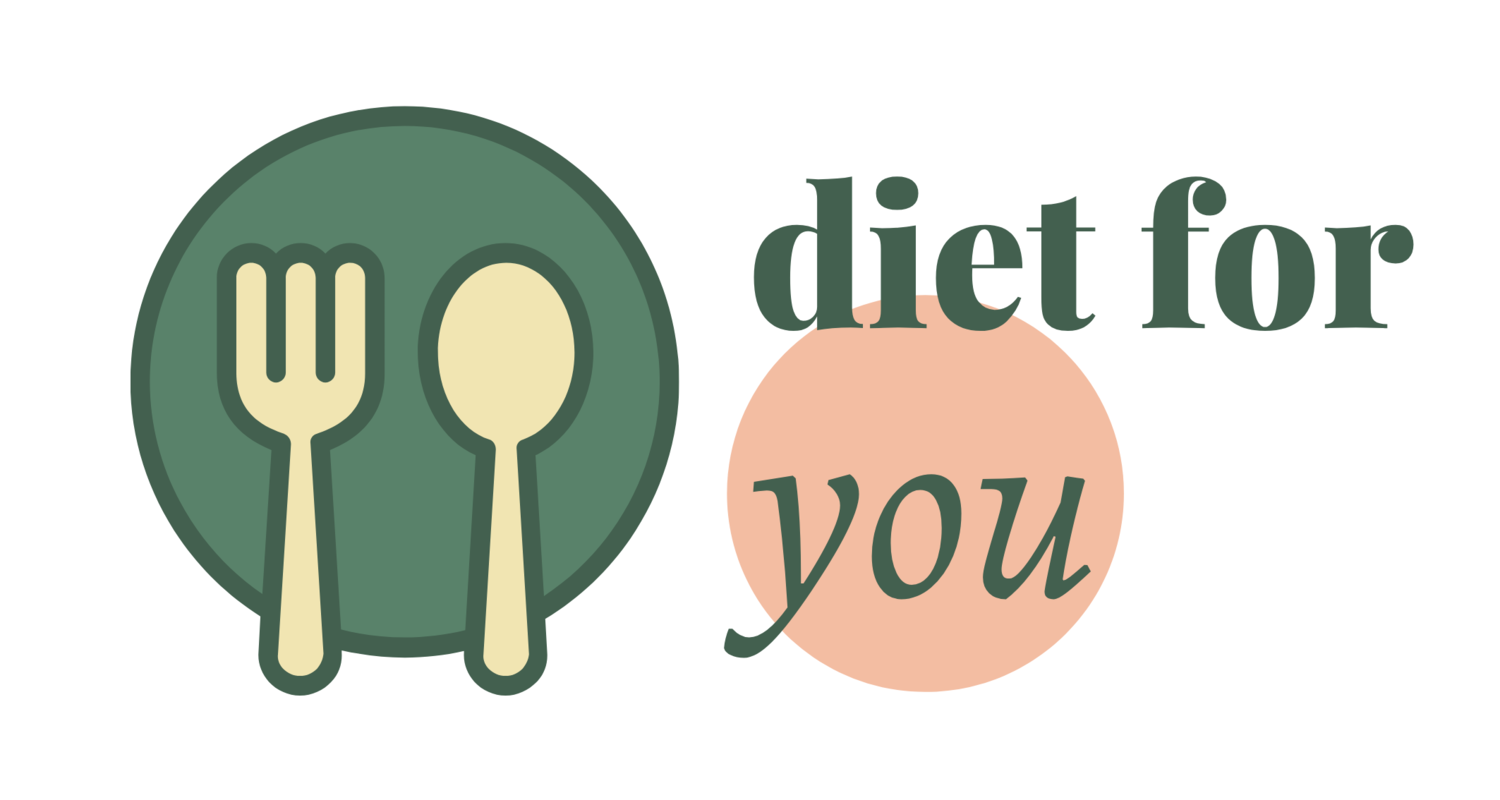Why forming habits is messy
You’re on a roll and feeling fantastic “this is the new me!” you say to yourself whilst piling more veggies onto your plate. “I never need unhealthy food again!”. Yet in no time, it seems, you are filled with guilt as you digest another sugar filled mouthful “I’ve failed again!”.
This is a familiar cycle for many and a source of great frustration. How can you go from feeling so good about your new healthy eating routine, to gorging on processed foods the next?
The answer is habits. You see the best thing about habits also presents the greatest challenge. Let me explain. Habits are strong, very strong. Once established they allow us to function instinctively and with minimal thought. Think of you first time learning to drive, and the mental effort it required. Today I was so engrossed in a podcast I can barely remember my drive home. Habits turn mental effort into instinct, so we can operate on autopilot.
Creating good habits that lead to productivity or healthy outcomes, is a sure recipe for success. But (and a big but!) undoing habits that are counterproductive to our goals, is not as simple as pressing delete (hold onto this thought).
Think of habits as pathways
That our brain has plasticity so that we can form new physical pathways at any stage of life, is both fascinating and empowering. Habits are pathways, where messages course through neurons resulting in action. Most food related pathways form from an early age- dictated largely by parents and caregivers. As a dietitian I’ve met clients in their 80’s who are still battling habits created before their first day of school.
The good news is that we are never stuck with habits. That is, at any point in life our brain has the capacity to form brand new, never seen before pathways. Eugene Pauly, an elderly man from San Diego provides a fascinating case study of this. Having suffered a brain injury due to viral encephalitis, he was left with no ability to create new memories. Anything said to or experienced by Eugnene would be forgotten within the minute.
Charles Duhigg in his book The Power of Habit tells the story of how Eugene’s caring wife, attempting to keep him active, would take him for a walk around the neighbourhood block. Each day, at roughly the same time, slowly but surely they would make their way around together. Within moments of arriving home Eugene would forget he had even left.
One day Eugene went missing. Eugene’s wife called the police in a state of panic, only for Eugene to walk through the front door minutes later. Where had he been she wondered? The answer was on his daily walk. Eugene, who would regularly become lost is his own home, had managed to make it around the block and home again unassisted. Keen to explore his case, researchers discovered that despite considerable damage, Eugene’s brain had formed a powerful new habit that led him safely around the block and home again. His story helped shape our understanding today of the power of habits.
Old habits die hard
As our brains are moulded around new pathways, you may be wondering what happens to old ones? Well, nothing. They sit there, inactive, but ready to fire into action at any moment. Herein lies the challenge. No matter how hard we work creating new healthy habits, old ones never disappear. Pressure is often the trigger that reverts us back to more familiar habits. A stressful day at work, family tension, sadness, or anger. These are things that can take us from preparing a veggie loaded meal to the drive through.
Interpreting these so-called moments of weakness is where I finally want to draw your focus. A momentary reactivation of pathways may feel like failure, but it isn’t. It’s a normal & unavoidable part of the process. The scales may disagree, but you haven’t undone all your good work either. Building new pathways takes time and is messy. The longer you commit to the process, the more chance you create for old pathways to fire up. Each time this happens, remind yourself you haven’t failed, only you have briefly been reminded of where you once were most of the time. Quickly get back to strengthening new habits.
Long-term commitment with a habit building mindset is the true path to success, no matter how messy it feels at times. So keep going!
Written by David Finnin, Adelaide Dietitian & Nutrtionist
David is a dietitian who specialises in weight loss, food intolerance and chronic illness.


